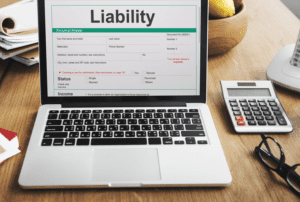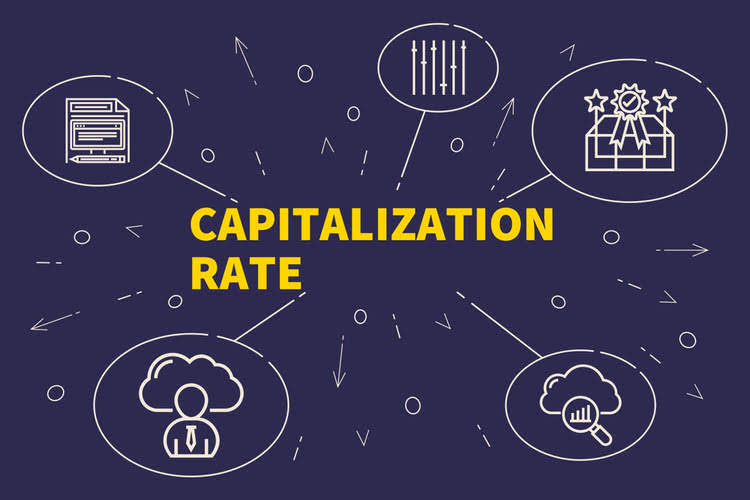
A dealership accountant’s role is multifaceted, encompassing a range of tasks that ensure the financial integrity of the dealership. This involves recording all transactions, from vehicle sales to service department revenues, ensuring that every dollar is accounted for. By meticulously tracking these transactions, they provide a clear financial picture that aids in decision-making.

Inventory Management Strategies

Proper timing and classification under ASC 606, which governs revenue from contracts with customers, are essential to avoid financial inaccuracies. It’s important for dealerships to keep up with accounting norms, such as those set by the Financial Accounting Standards Board (FASB), to guarantee precise financial reports and maintain stakeholder trust. ⇒ Cost and revenue are accurately matched, while material costs are entirely recovered. For example, a single employee at a dealership cannot implement all the controls a central office will introduce. ⇒ Failure to routinely verify bank statements, which can lead to overlooked transactions. ⇒ Compare your general ledger account balances Bookkeeping for Veterinarians to source documents, including bank and floorplan statements and finance reserve statements.
How to Craft and Implement an Effective Travel Expense (T&E) Policy in 6 Steps

LIFO matches recent higher costs with current revenues, potentially reducing taxable income during periods of rising inventory costs. FIFO assumes accounting for car dealerships the oldest inventory is sold first, which aligns costs with older, potentially lower prices. The Weighted Average Cost method averages the cost of all inventory items available for sale, smoothing price fluctuations but offering less responsiveness to market changes. Each method’s suitability depends on a dealership’s financial strategy and market conditions. Dealerships must also consider compliance with accounting standards such as Generally Accepted Accounting Principles (GAAP) or International Financial Reporting Standards (IFRS).
Why Dealerships Trust Fyle

This type of financing provides dealerships with capital to stock inventory without requiring substantial cash outlays, preserving liquidity. Structured as a What is bookkeeping revolving line of credit, dealerships pay interest only on the outstanding balance, which fluctuates based on inventory turnover. Inventory valuation in auto dealerships impacts both the balance sheet and income statement, influencing profitability and tax liabilities.
- Our team of certified technicians will take care of your vehicle like its their own, ensuring the highest quality at each and every appointment.
- Several off-the-shelf document management solutions are available to help you convert from paper to digital.
- This analysis is particularly important in the automotive industry, where large capital expenditures and fluctuating sales can significantly impact cash flow.
- For vehicle sales, revenue is typically recognized when the dealership transfers control of the vehicle to the customer.
- Resources to help your dealership convert more leads into sales, retain more customers, and market inventory smarter, straight to your inbox every Sunday.
- It enables better decision-making by providing a comprehensive view of the dealership’s financial health, including outstanding receivables, payables, and inventory value.
In addition, online vendors are proliferating, and the regulatory environment remains in flux. As a result, strategic planning becomes vital to survive and grow your business, and cognizance of industry-smart services can help you stay ahead of the curve. These include sales tax, vehicle excise taxes, manufacturer facility programs, and documentation fees. Documentation fees, commonly known as doc fees, are a common add-on to new car purchases in some states. These typically account for costs incurred by the dealership in processing paperwork, inspections, and filings. Car dealerships deal with complex financial processes, including high transaction volumes, intricate expense policies, and the need for precise reconciliation.
Identifying better ways to do business through car dealership accounting reconciliation

This article delves into the multifaceted responsibilities of dealership accountants and explores how they contribute to robust financial reporting and compliance. To fully leverage the power of reconciliation, car dealerships can leverage technological advancements in accounting software and automation. By embracing technology, dealerships can streamline the reconciliation process, reduce manual errors, and enhance efficiency.
- This straightforward approach ensures that revenue is matched with the period in which the service or sale occurs.
- Accountants must accurately calculate and remit sales tax to the appropriate authorities, ensuring that the dealership remains compliant with tax regulations.
- From managing cash flow to tracking inventory, there are various accounting processes that must be executed efficiently to ensure your dealership’s financial stability.
- By prioritizing reconciliation and embracing technology, car dealerships can position themselves for sustained success in the competitive automotive industry.
- The content on this website is provided “as is;” no representations are made that the content is error-free.
- These can be put toward dealership expenses, such as advertising, or simply used to boost the bottom line.
- The digital revolution has transformed the accounting landscape, creating opportunities for dealerships to streamline processes and drive efficiency.
Common methods include Last-In, First-Out (LIFO), First-In, First-Out (FIFO), and the Weighted Average Cost method. Dealerships should consider these five accounting processes to implement with their accounting staff if they want to fine-tune outdated procedures. If your dealership is in need of accounting services such as attest, tax or advisory, contact our Brown Plus team today! Most purchase cards, or p-cards, offer points and cash-back rewards that can add up over the year, which is an added benefit for the dealership. Eliminating paper from your dealership may seem like an impossible task, however, many documents can be digitized. Multiple dealerships have transferred their paper processes to automation to help lower expenses, be more eco-friendly and increase efficiency.

